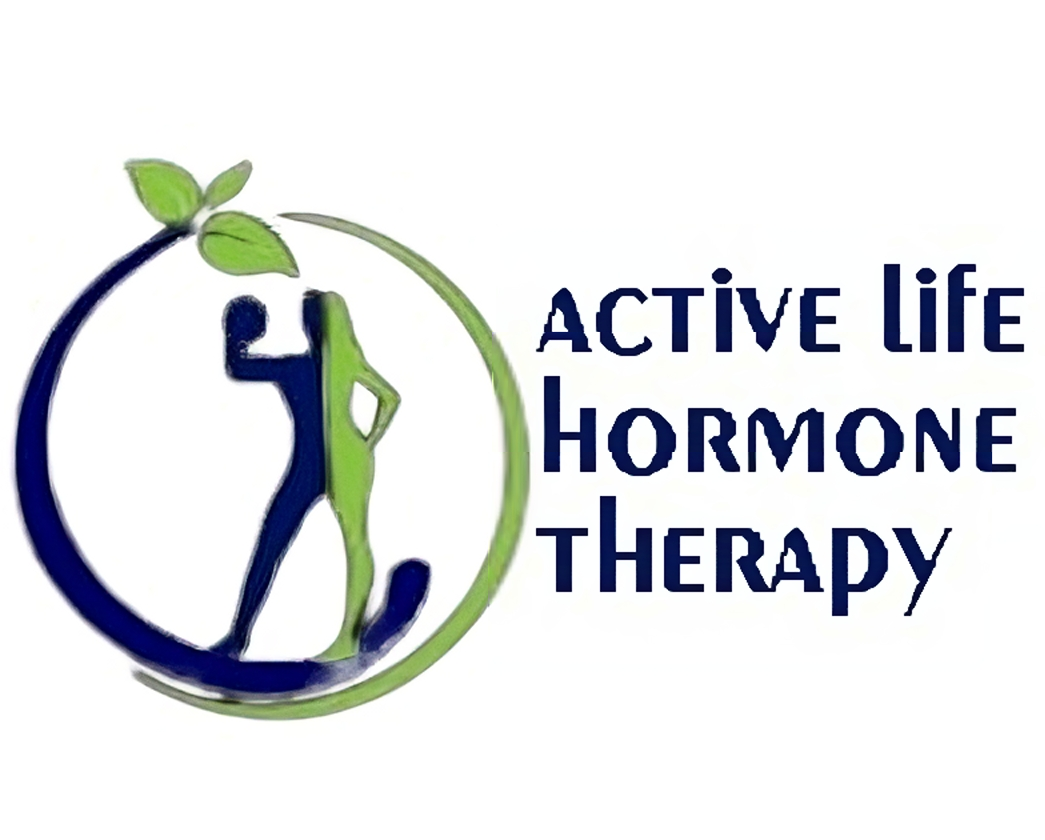MENOPAUSE
MENOPAUSE
At Active Life, our Menopausal Support services, recognize and address the unique challenges and changes that come with this natural phase in a woman’s life. Our specialized services are designed to provide comprehensive support during the menopausal transition, promoting comfort, well-being, and a positive approach to this significant life stage. Chronic stress can contribute to hormonal imbalances. Engaging in stress-reducing activities such as mindfulness meditation, yoga, or deep-breathing exercises can help manage stress levels and improve overall well-being.

Menopause Support Services Overview
Our Menopausal Support services aim to empower women during this transformative period, offering personalized care plans, expert guidance, and a holistic approach to manage symptoms and promote overall health. We understand the diverse experiences of menopause and are dedicated to providing tailored solutions for every individual.
Key Features of Our Menopause Support Services:
-
Personalized Menopause Assessments:
- Thorough assessments considering individual symptoms, health history, and lifestyle factors to tailor support plans based on unique needs.
-
Symptom Management Strategies:
- Customized approaches to manage common menopausal symptoms such as hot flashes, mood swings, sleep disturbances, and more.
-
Hormonal Health Optimization:
- Expert guidance on maintaining hormonal balance during and after menopause, addressing concerns related to estrogen and progesterone levels.
-
Lifestyle and Wellness Support:
- Holistic wellness strategies incorporating nutrition, exercise, and stress management to promote overall well-being during menopause.
FAQ
What is menopause, and when does it typically occur?
Menopause is a natural biological process marking the end of menstruation. It usually occurs in a woman’s late 40s to early 50s.
What are common symptoms of menopause?
Common symptoms include hot flashes, night sweats, mood swings, sleep disturbances, vaginal dryness, and changes in libido.
Can menopause be managed without medication?
Yes, various lifestyle changes, including dietary adjustments, regular exercise, and stress management, can help manage menopausal symptoms. However, medication may be recommended for severe symptoms.
Is hormone replacement therapy (HRT) safe during menopause?
Hormone replacement therapy can be safe and effective for managing certain menopausal symptoms. However, risks and benefits should be discussed with a healthcare professional based on individual health history.
